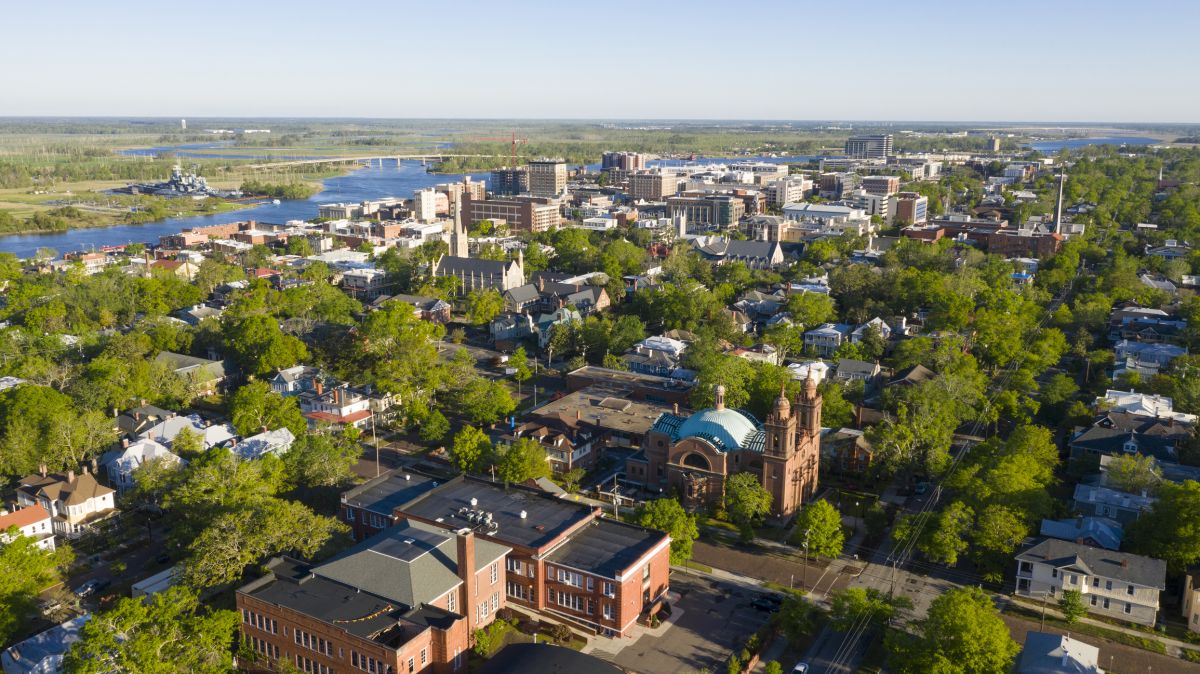Floor Repair in Wilmington
Get help with your floor repair needs. Fill out the form above and we will connect you with local pros in your area. Floor repair offers numerous benefits for homeowners and property owners alike. One of the key advantages of floor repair is that it restores the functionality and aesthetic appeal of your flooring. Whether you have hardwood, laminate, tile, or any other type of flooring, professional floor repair can fix cracks, chips, or other damages, ensuring a smooth and even surface. By addressing these issues promptly, you can prevent further damage and potential safety hazards. Additionally, floor repair enhances the longevity of your flooring, saving you money in the long run by avoiding the need for costly replacements. Moreover, it improves the overall value of your property, making it more attractive to potential buyers or tenants. With floor repair, you can enjoy a beautiful and durable floor that withstands daily wear and tear with ease.
Floor repair is a service that focuses on fixing and restoring damaged or worn-out flooring surfaces. It involves repairing various types of floors, including hardwood, laminate, tile, vinyl, and carpet. Floor repair professionals are skilled in identifying and addressing issues such as cracks, scratches, stains, loose or squeaky boards, and uneven surfaces. They use specialized tools and techniques to repair and restore the floor to its original condition. Floor repair helps to enhance the appearance of the floor, improve safety by eliminating tripping hazards, and extend the lifespan of the flooring material. Whether it's a residential or commercial setting, floor repair is a practical solution for maintaining the beauty and functionality of your floors.
Floor repair is a service that focuses on fixing and restoring damaged or worn-out flooring surfaces. It involves repairing various types of floors, including hardwood, laminate, tile, vinyl, and carpet. Floor repair professionals are skilled in identifying and addressing issues such as cracks, scratches, stains, loose or squeaky boards, and uneven surfaces. They use specialized tools and techniques to repair and restore the floor to its original condition. Floor repair helps to enhance the appearance of the floor, improve safety by eliminating tripping hazards, and extend the lifespan of the flooring material. Whether it's a residential or commercial setting, floor repair is a practical solution for maintaining the beauty and functionality of your floors.

